The capture of Mosul by a coalition of Iraqi and Kurdish forces last week may have marked the final chapter in the bloody history of the so-called Islamic State caliphate in Iraq, but it also risks to set the stage for another confrontation with equally destabilizing consequences for the geopolitical map of the Middle East.
And hundreds of Canadian soldiers stationed in northern Iraq along with their Western allies in the anti-ISIS coalition might find themselves caught in the crossfire between the Kurds, seeking to finally fulfill their millennia-old dream of independent statehood, and the central government in Baghdad and its Iranian backers.
Canada has several dozen special forces soldiers in northern Iraq, as well as pilots, intelligence officers and military doctors who operate a field hospital near the regional capital Erbil. Elite Canadian commandos have been training the Kurdish Peshmerga fighters involved in the operation to recapture Mosul since 2014.
Ottawa extended its military mission in Iraq by another two years at the end of June. The mission will now go to March 31, 2019.
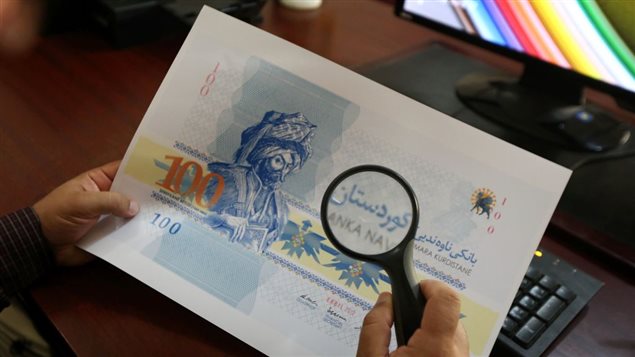
Despite Western opposition – including that of Canada, which has repeatedly stated that it prefers a united Iraq – the Kurdish Regional Government in northern Iraq is set to hold to hold a plebiscite on independence on Sept. 25, to be followed by parliamentary and presidential elections on Nov. 6.
While the results of the Sept. 25 independence referendum will not be binding, the plebiscite, nevertheless, is expected to deliver the political ammunition the Iraqi Kurdish leadership needs to begin negotiating the break up with Baghdad or, in the worst case scenario, unilaterally declare independence.
“If talks fail, we will get back to the decision of people in the Kurdistan Region,” said Masrour Barzani, Chancellor of the Kurdistan Region Security Council, in a recent interview with Kurdistan24 news channel. “We will think about the interest of the Kurdistan Region people and homeland. We will not wait to know what others approve or disapprove.”
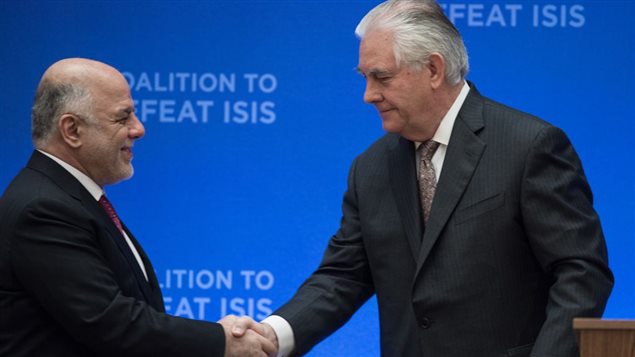
For now the United States and its junior coalition partners such as Canada support the government of Iraqi Prime Minister Haider al-Abadi, which has sought to limit Iran’s pervasive and overwhelming influence in Iraq.
The allies would prefer a united Iraq with a confederated system that allows the Kurds to exist in a quasi-independent state without actually declaring de jure independence.
But parliamentary elections in the spring of 2018 could change Iraq’s political landscape and with that the calculations of the Western alliance.
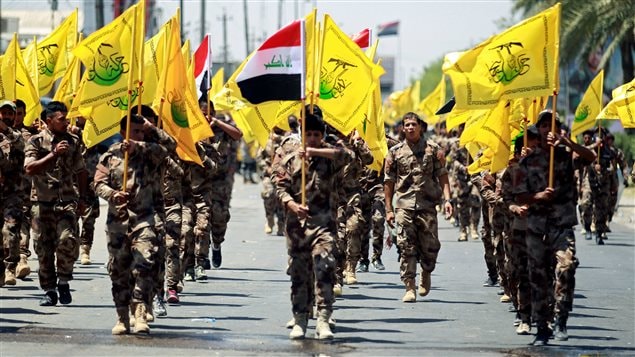
If al-Abadi is defeated or emerges severely weakened from the election, the force that is most likely to fill in the political vacuum is the Iranian-backed Popular Mobilization Units (PMU) that have played a crucial role in recapturing Mosul.
With ISIS severely degraded or even defeated, the Trump administration might turn its attention to countering Iran’s growing influence in the region.
And just like in the case with fighting ISIS, Kurdish forces might prove to be the only force capable of standing up to the Iranian-backed Shia militias of the PMU.
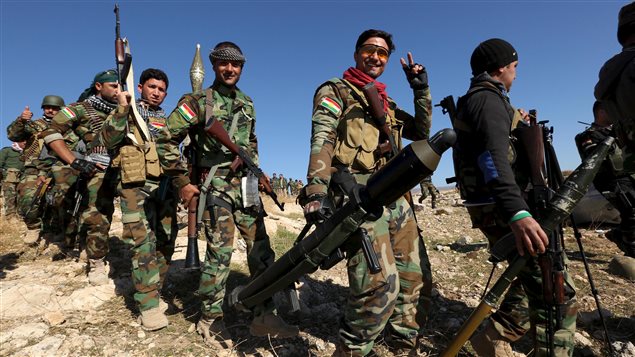
For the Iran hawks in the Trump administration supporting the Kurds – even at the expense of their Turkish allies who vehemently oppose an independent Kurdistan – has the added bonus of potentially fueling a Kurdish insurgency within Iran’s borders, forcing Tehran to reposition some of its best units away from Iraq, Syria and maybe even Lebanon to northwestern Iran, which has a significant Kurdish population.
With the ongoing sectarian tensions between Sunnis and Shias throughout the Middle East their peaceful coexistence in unified Iraq will be very difficult if not impossible.
Even with ISIS severely degraded, Iraq still faces the possibility of breaking up into three entities: a Sunni part, a Shiite part and a Kurdish state, and Canadian soldiers deployed in the region might a get front-row seat view.
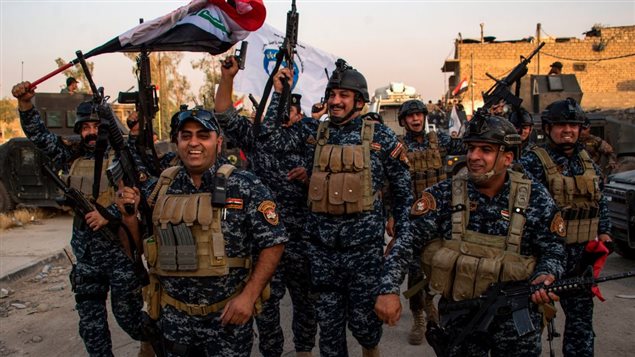







For reasons beyond our control, and for an undetermined period of time, our comment section is now closed. However, our social networks remain open to your contributions.